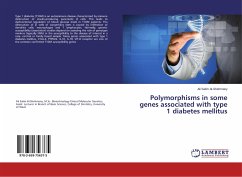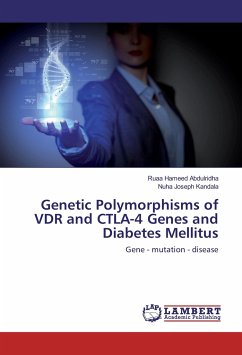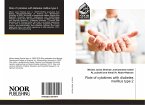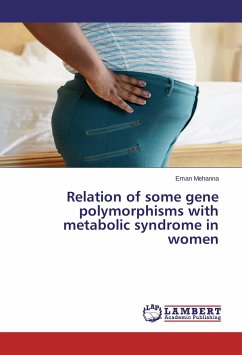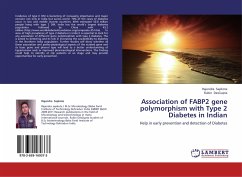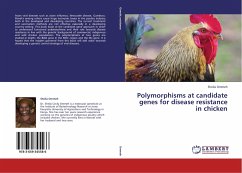Type 1 diabetes (T1DM) is an autoimmune disease characterized by immune destruction of insulin-producing pancreatic beta cells. This leads to dysfunctional regulation of blood glucose levels in T1DM patients. The destruction of beta -cells of Langerhans islets is caused by infiltration of dendritic cells, macrophages and T lymphocytes. Normally, genetic susceptibility (association) studies depend on assessing the role of genotype markers (typically SNPs) in the susceptibility to the disease of interest in a case- control or family based sample. Many genes associated with type 1 diabetes mellitus, CTLA-4, PTPN22, IL-10, IL-18, VIT-D receptor are one of the common confirmed T1DM susceptibility genes

